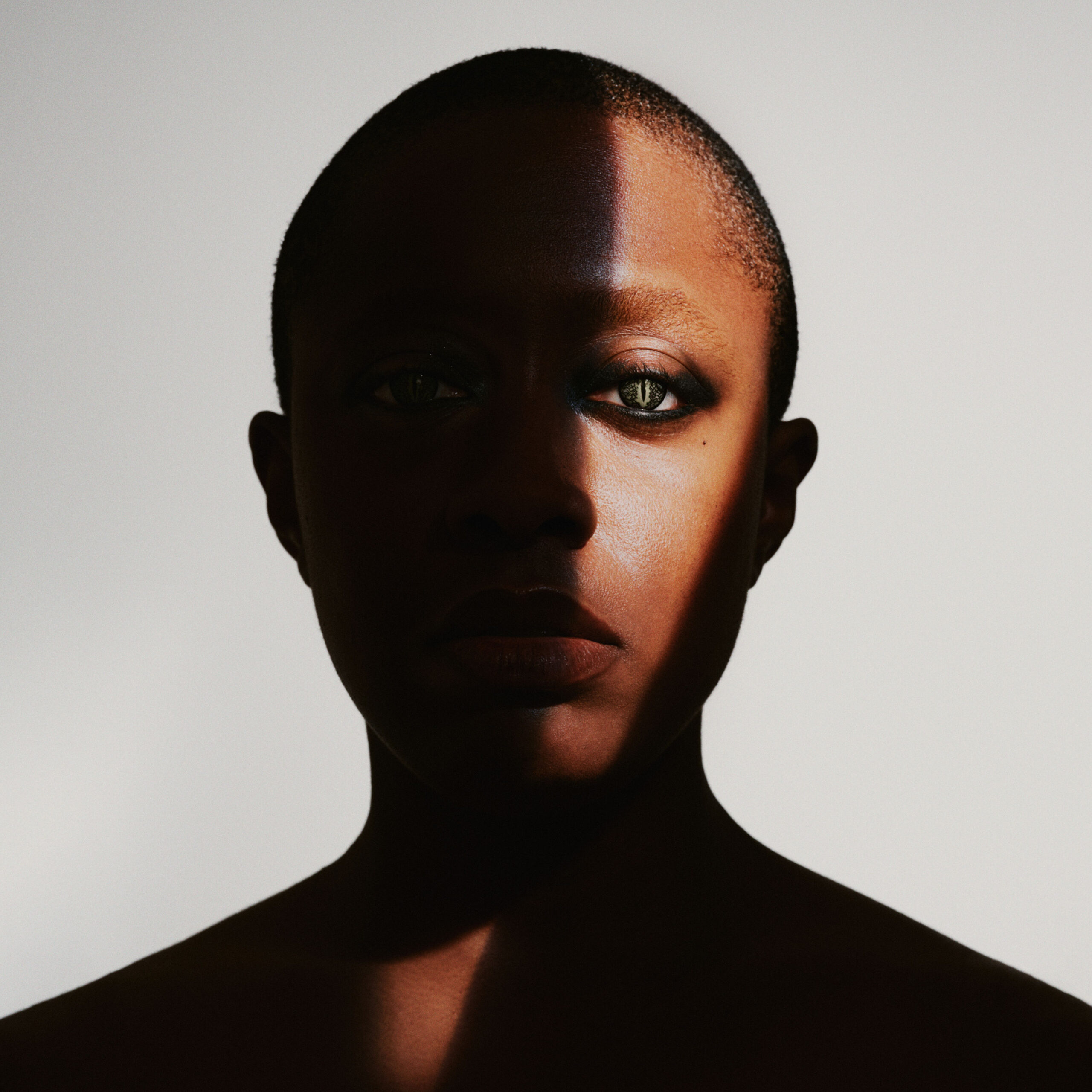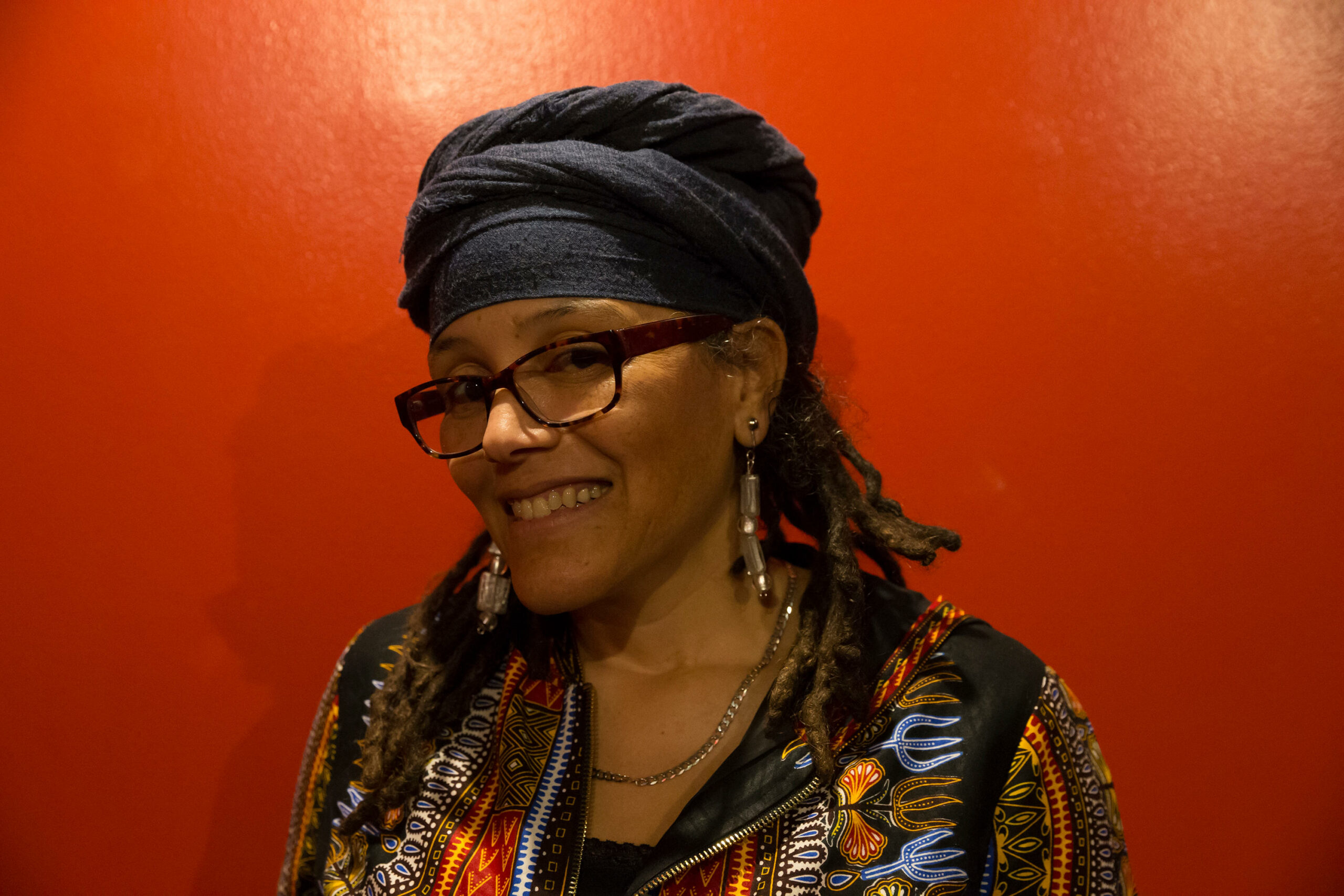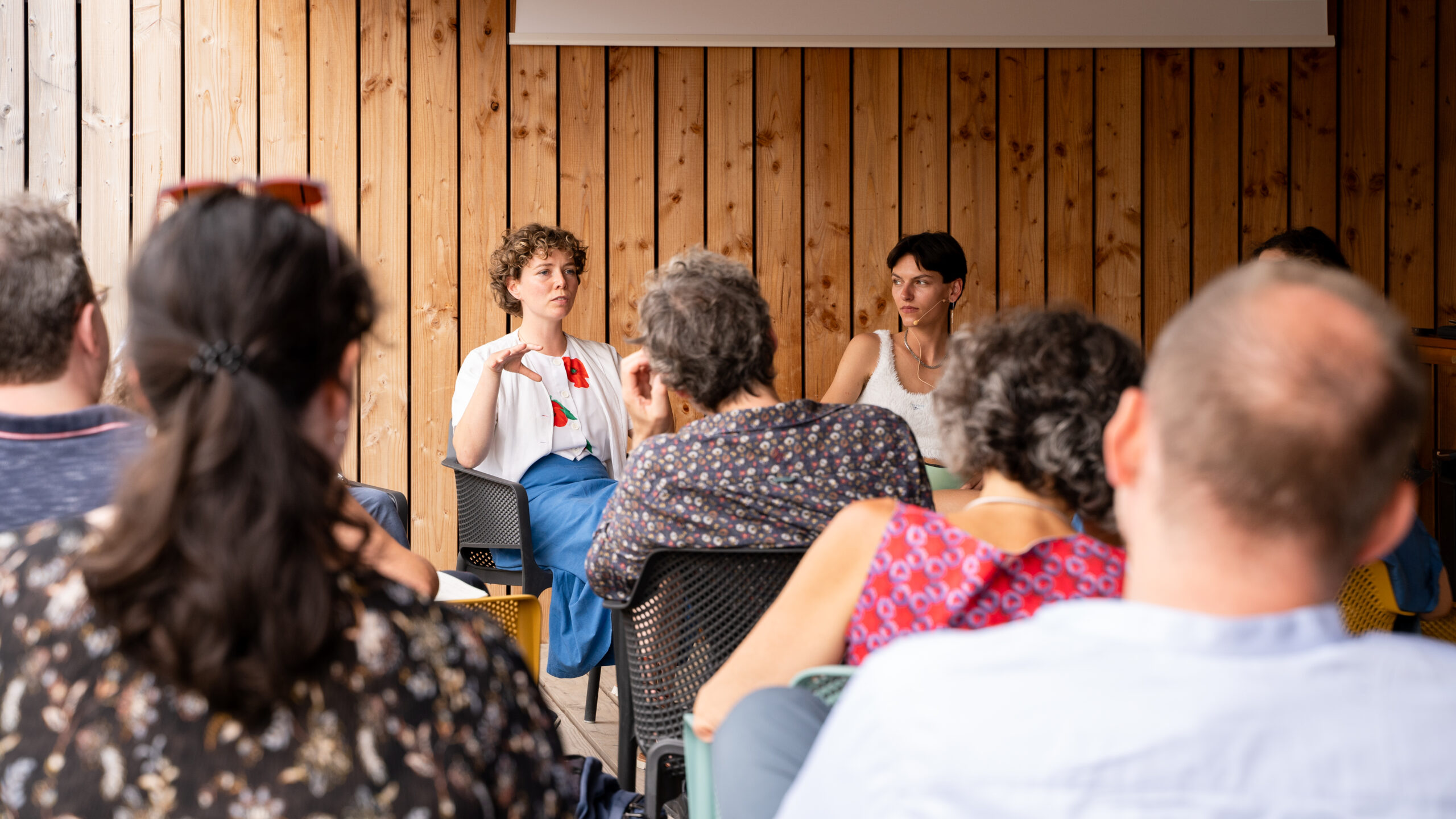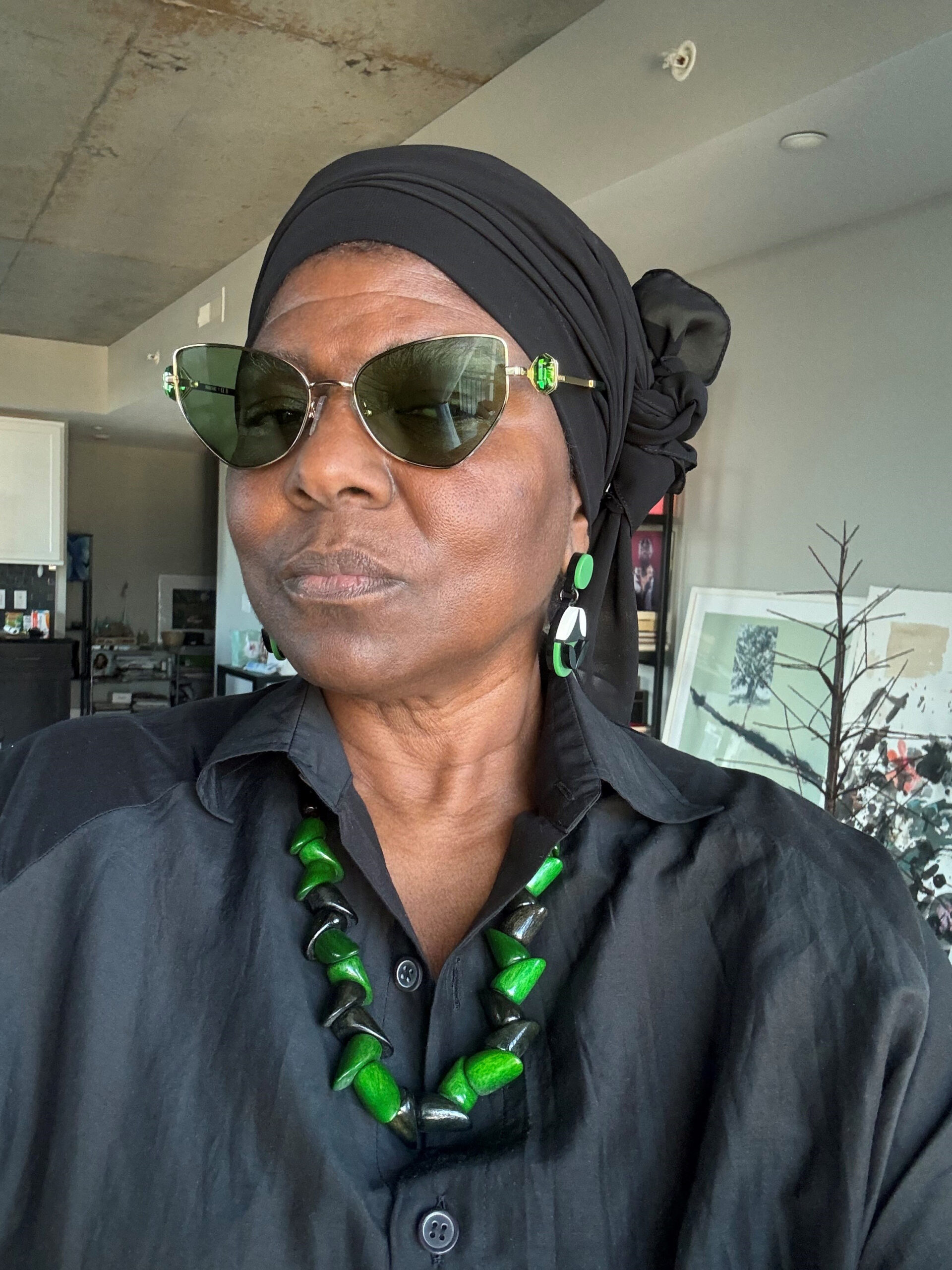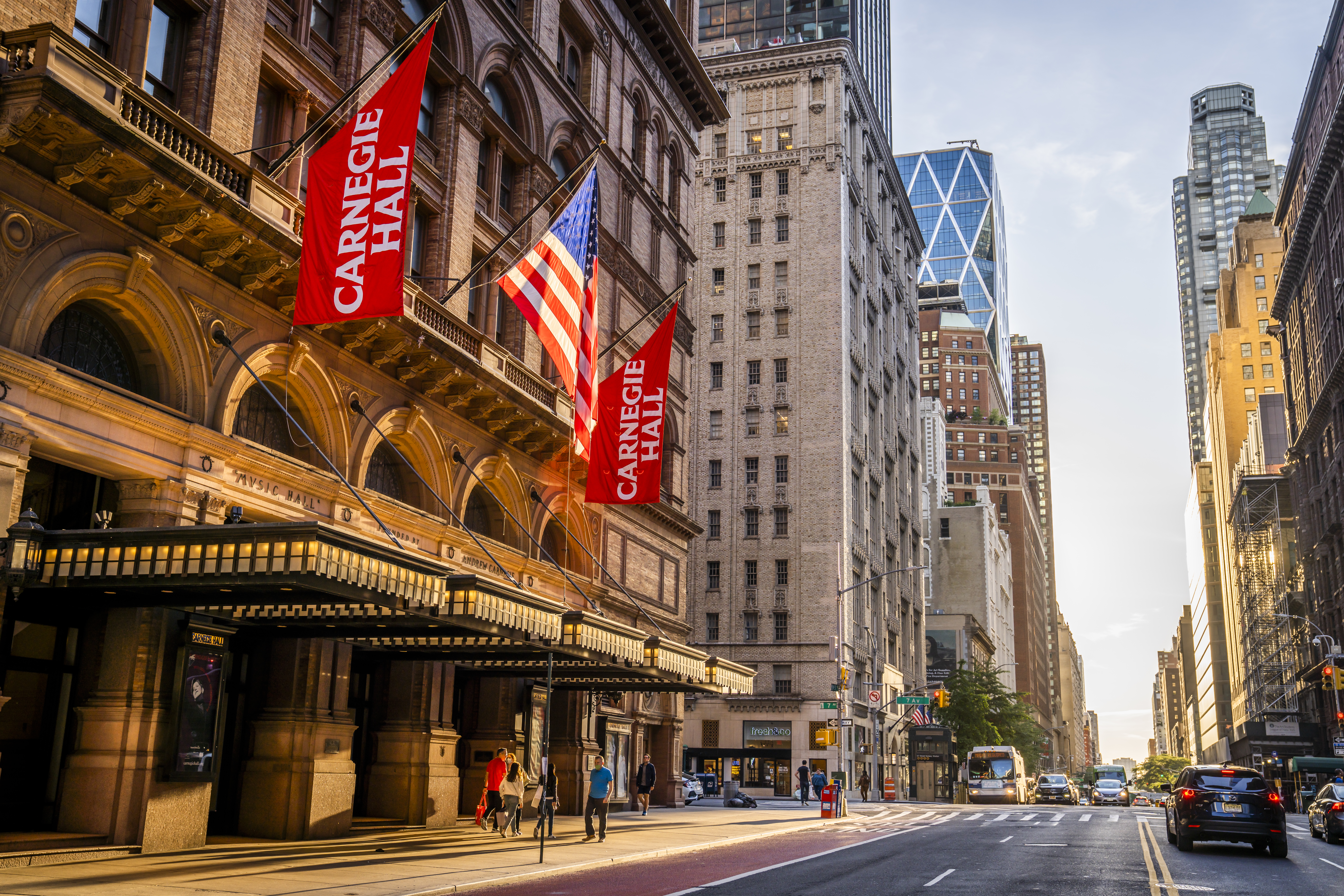Note: This interview originally took place in 2017 and is published here on the occasion of the 25th anniversary of Enjoy Jazz. The statements and references made in the interview refer to this date.
Musical dream images - Tarkovsky Quartet
French pianist Francois Couturier is a self-confessed cineaste. The Soviet filmmaker Andrei Tarkovsky became a constant source of inspiration for him, which gradually manifested itself artistically. manifested itself artistically. In 2006, he recorded the album "Nostalghia - A Song For Tarkovsky" with his initially nameless quartet, which he founded 12 years ago. This was followed by numerous concerts and festival appearances as well as two further albums, now officially under the name Tarkovsky Quartet. From the very beginning, the highly acclaimed formation has consisted of Couturier, who is also responsible for most of the compositions compositions, saxophonist Jean-Marc Larché, Jean-Louis Matinier on accordion and the Munich cellist Anja Lechner. The current album is entitled "Nuit Blanche". At its center are seven intuitively perfectly balanced group improvisations that unfold with almost magical ease. all deal with the key theme of the album, the dream - not entirely coincidentally also a central aspect of Tarkovsky's visual language. The outstanding thing about this quartet is that, after so many years of making music together, it is not just a matter of familiarity, a synonym for passive security, but of genuine trust, i.e. a proactive attitude towards each other, in which the will to take artistic risks is inscribed. the will to take artistic risks. We had the opportunity with Anja Lechner about the work as part of this not only excellently cast quartet, which has developed a unique, sometimes almost synaesthetic musical language that transcends all genre boundaries. musical language.
Much has been written about the imagery of the quartet's music. What is it like for you personally when you play? Do you see images?
AL: I don't see any images when I make music. For me, music is always music. But of course I know all of Tarkovsky's films. His visual language, which I find very musical by the way, inspires us all again and again. We try to use it to get ourselves into a certain state. Of course, the compositions written by François Couturier, which deliberately have a strong reference to Tarkovsky's imagery, also help us to do this. 0lthough with "Nuit Blanche" we occasionally moved away from these Tarkovsky references for the first time. On the other hand, through his films, their characters and situations, which have accompanied me for half my life, he has really become a part of me. This feeling will never leave me. I will always be happy when there is a Tarkovsky film showing in a movie theater that I can watch.
It's an almost smug punchline that although Tarkovsky never made a movie called "Nuit Blanche", but another important director of his era, Luchino Visconti, did: "White Nights Visconti: "White Nights" based on a story by Dostoyevsky. Were they aware of this?
AL: Yes, we were aware of that. François Couturier is a proven film connoisseur. Incidentally, the working title of the CD was "The Dream". This not only describes Tarkovsky's imagery, but there is certainly also a connection to Visconti.
lngmar Bergman, to go even further down the line of the most influential European directors saw Tarkovsky as the most important director because he portrayed life as a dream. This is also an important theme on your album. What significance does the dream have for you?
AL: Most of the tracks on the album that have the word dream in the title are pure improvisations. i guess you could paraphrase the dream as being connected to your own subconscious. Because that's exactly how we felt when we were playing: We just started playing without discussing anything. In addition to the fully composed pieces, for which there was an arrangement or at least clear ideas and which we repeated until the piece and our idea of it were in harmony. and our idea of it are in harmony, these improvised pieces were always a kind of liberation.
We didn't know whether they would be short or long, whether we would end up with one finished piece or, as it turned out in the end, seven. For me, that's the connection to the concept of dreams: sometimes things happen that you can't imagine or that are completely different from real life.
The feeling for moods must be quite congruent in this quartet.
AL: Yes, that has grown over the years.
What also seems special to me is that the improvisation here must have been different from what is generally imagined in jazz. Their form of improvisation is not primarily a solo performance, but comes from a kind of indivisible organism and remains a constitutive part of this whole at all times. of this whole.
AL: The special thing about this quartet is that we know each other so well and that we have so much trust in each other that we actually move on the same wavelength. That's what makes this kind of collective improvisation possible in the first place. It wouldn't be possible with strangers. I find your reference to the improvisation form very important, by the way. Because it is often forgotten that there are many ways of improvising or free communication in music. The one used in jazz is just one among many. In our case, it certainly also plays a role that we come from very different backgrounds: François comes from jazz, even if he only plays his very own music nowadays, Jean-Louis can actually play any kind of music, he has a very highly developed spontaneous receptivity, with which he is a master at creating spaces and transitions in music.
Jean-Marc originally comes from a classical background, but now plays jazz almost exclusively. And I myself also come from a classical background, am still a classical cellist, but have also been playing with improvising musicians since I was 16.
Listening to the album, I had the impression that the music flows very clearly and securely horizontally, but becomes very fragile or, let's say, crystalline as it descends into the depths, supported by a wonderful tone formation that is not uncommon in jazz.
AL: This clarity and flow that you speak of is, among other things, also the result of a certain sequence of pieces. Incidentally, Manfred Eicher determined this. That completely changed our own perception of this music. In the right order, music can actually feel completely different. Manfred Eicher is truly a master at these things. As a musician, you couldn't do it yourself in this form.
There are places on the record where I had the impression that the notes linger for a particularly long time. That gives you an impression of how a single note, perfectly placed, sometimes has the power to tell a whole story.
AL: This question has basically been with me my whole life: What is a sound? How should a tone sound? When you learn to play an instrument, it's initially about making sure that the sound you play is right and beautiful, but later it becomes more and more important; what it says. And it doesn't always have to be beautiful. Of course, it's always about the question: what is before the sound and what is after the sound? This is extremely important to me because it has something to do with listening: to oneself, to others, to the sound itself. sound itself. And that is exactly what is so wonderfully possible with this quartet. Because it's not easy, especially when improvising together, to ensure that everyone has their own space and yet there aren't too many notes next to each other. But fortunately, each of us is able to take a step back from time to time in order to give the others - or rather: to give the music itself - space.
CD Tarkovsky Quartet "Nuit Blanche"
ECMiUniversal 2524 572 9067
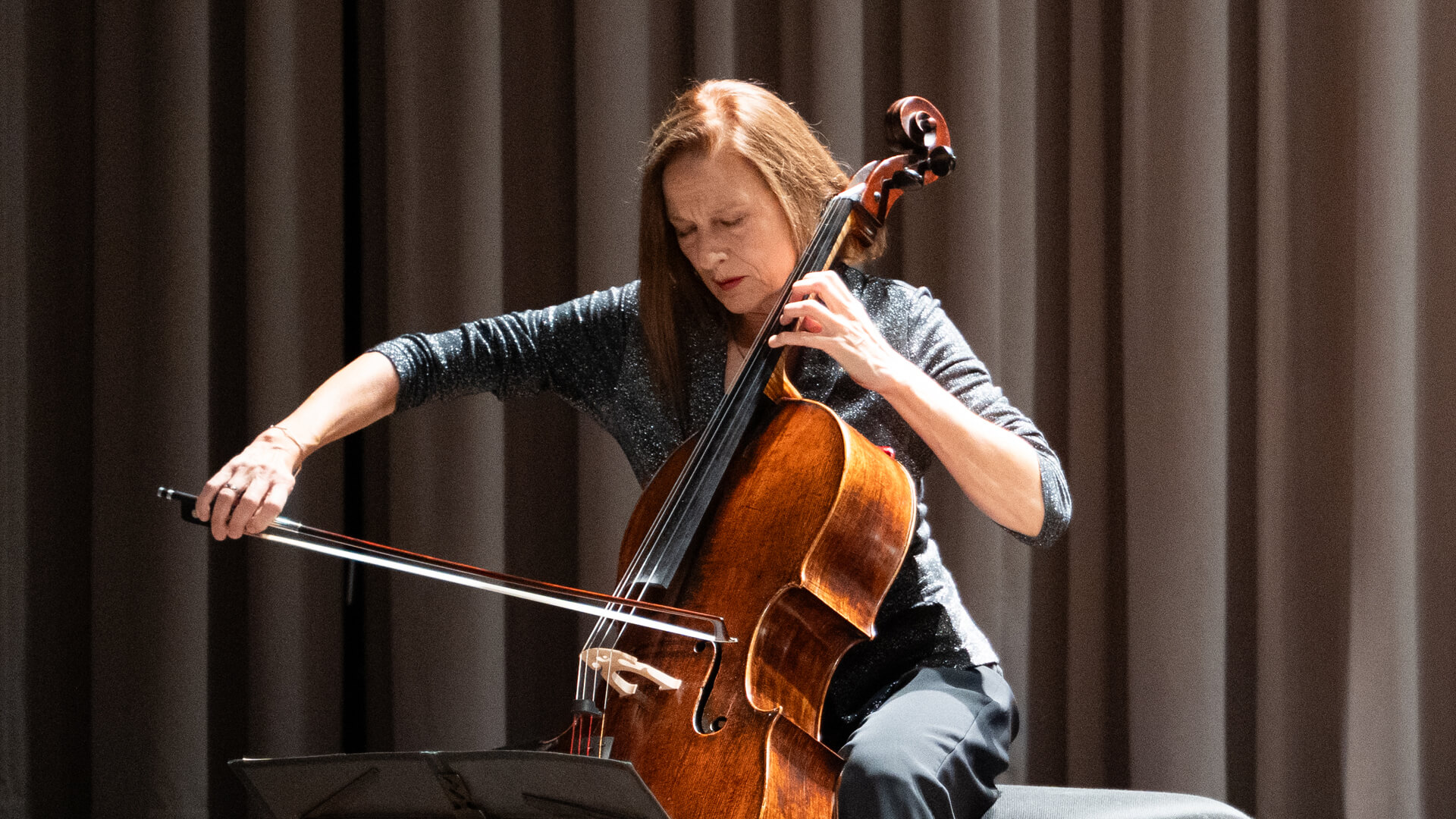
Date: December 4, 2023

